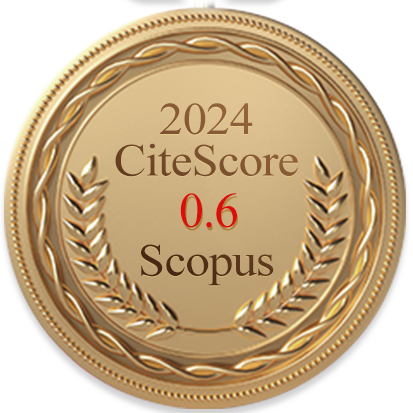The digital transformation has fundamentally reshaped brand management, moving from traditional mass communication to data-driven, interactive, and highly personalized strategies. With emerging technologies such as artificial intelligence (AI), augmented reality, and digital ecosystems, brands are now engaging consumers in innovative ways to enhance loyalty and gain a competitive advantage. This study examines how leading brands, such as Nike, Apple, and Coca-Cola, employ digital brand management strategies to enhance brand equity, boost consumer engagement, and maintain market leadership. A multiple-case study approach was employed to analyse this. Data was collected through archival research, social media analytics, and consumer sentiment analysis to assess the impact and effectiveness of these strategies. The study examines key digital branding elements, including direct-to-consumer (DTC) models, experiential marketing, and interactive campaigns. The findings reveal that Nike's DTC strategy fosters direct consumer relationships and strengthens brand equity. Apple's experiential marketing and storytelling foster emotional brand loyalty, while Coca-Cola's personalized and interactive digital campaigns drive consumer engagement and social media virality. These strategies demonstrate the growing importance of AI-driven personalization, omnichannel consistency, and consumer-centric engagement.
The study concludes that brands prioritizing AI-powered personalization and immersive digital experiences achieve stronger consumer engagement and long-term brand growth. Practical implications suggest businesses integrate AI-driven analytics, invest in emerging technologies, and adopt consumer-focused digital strategies. Future research should investigate the long-term effects of AI-driven brand interactions and examine the role of Web3 and the Metaverse in shaping the future of digital brand management.

















